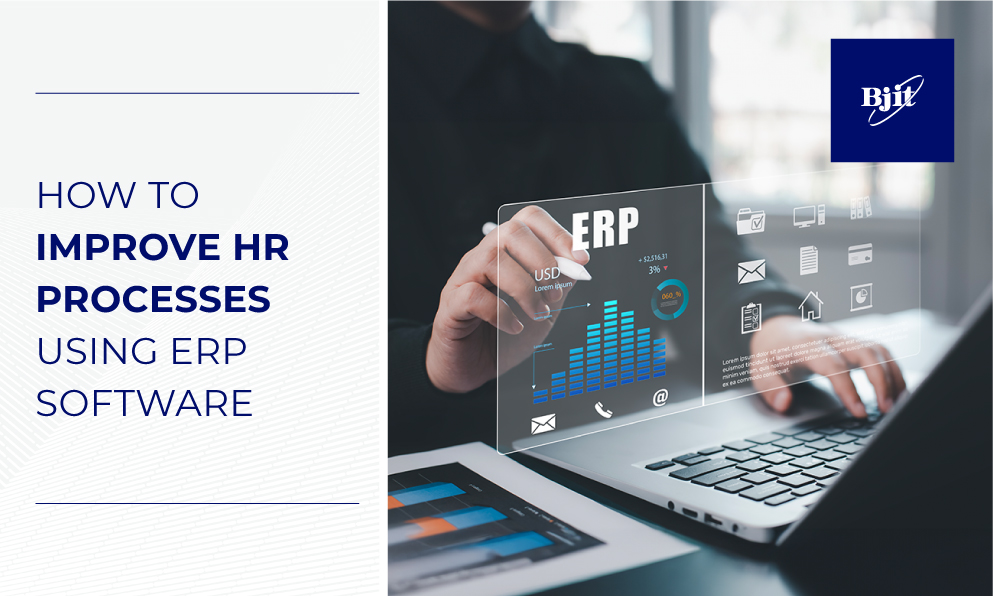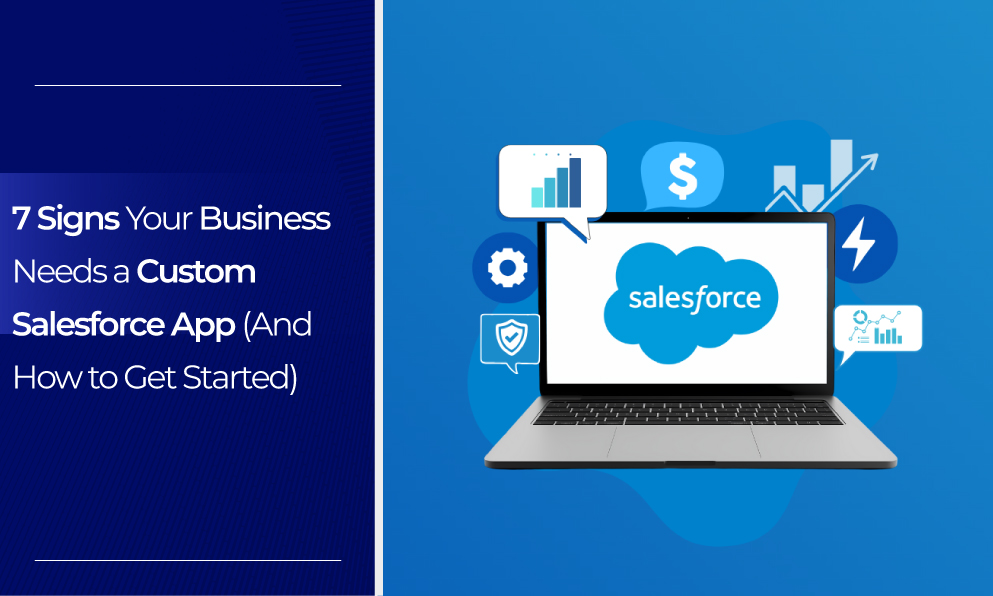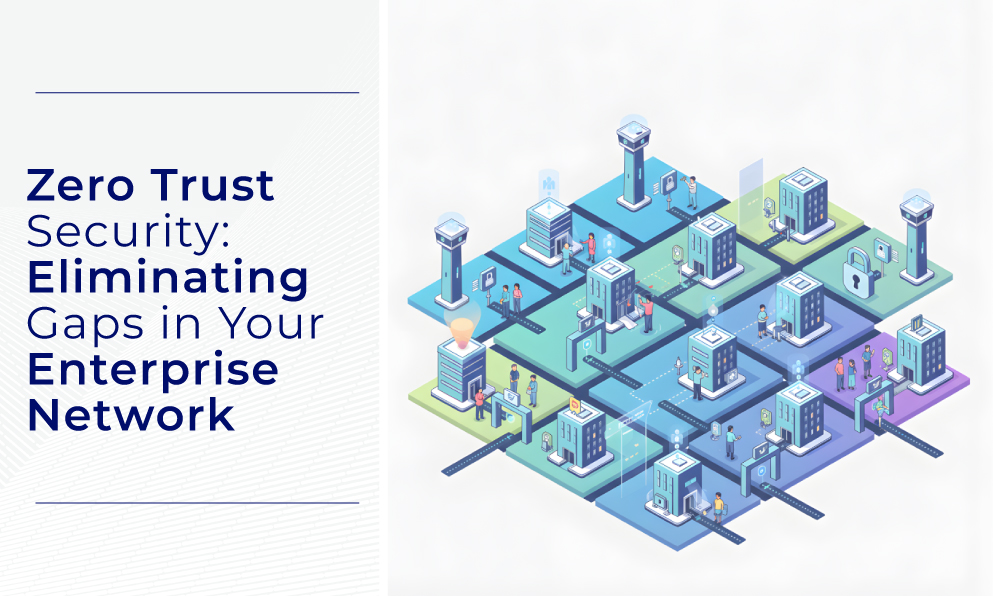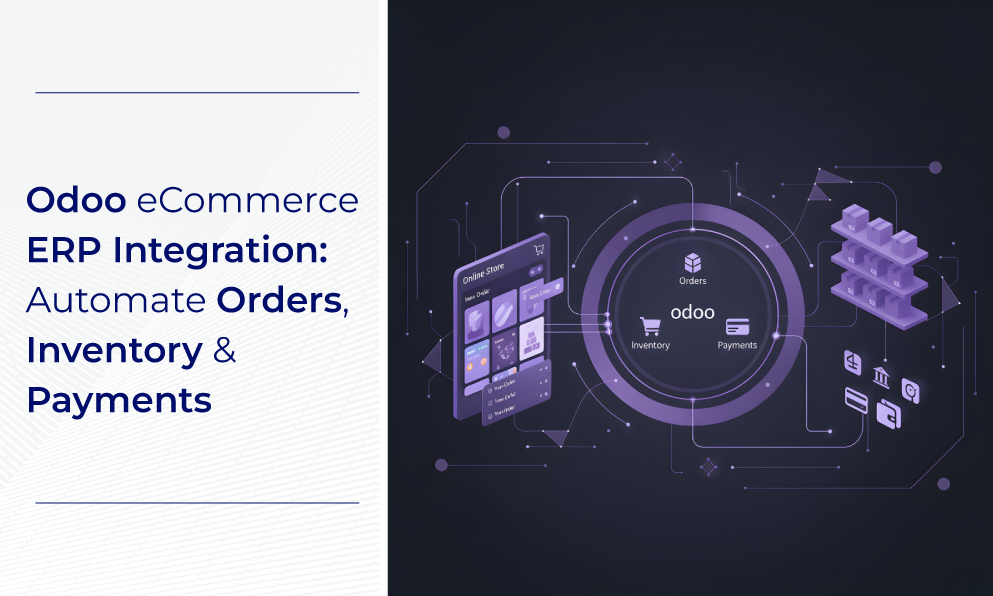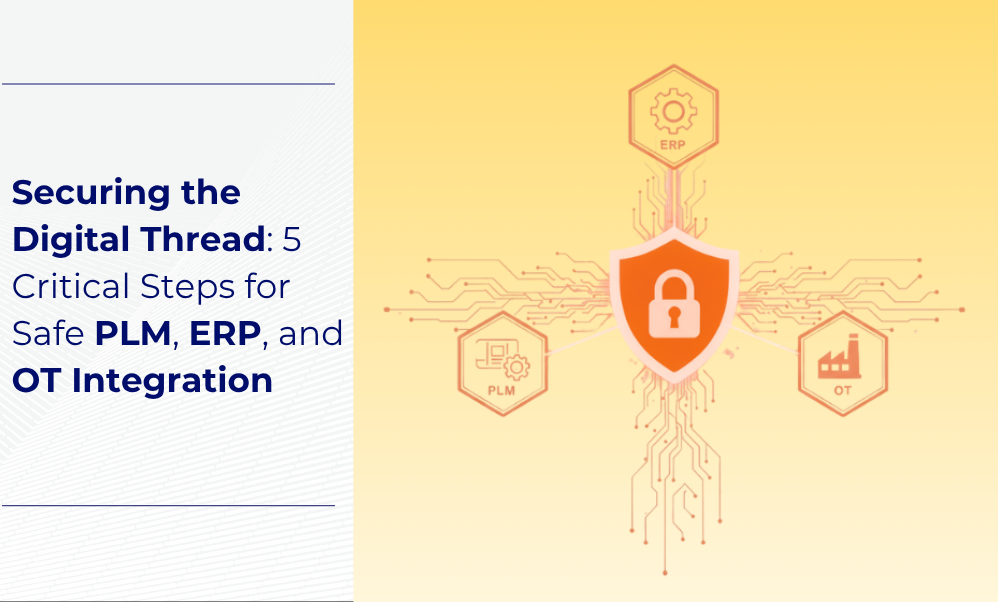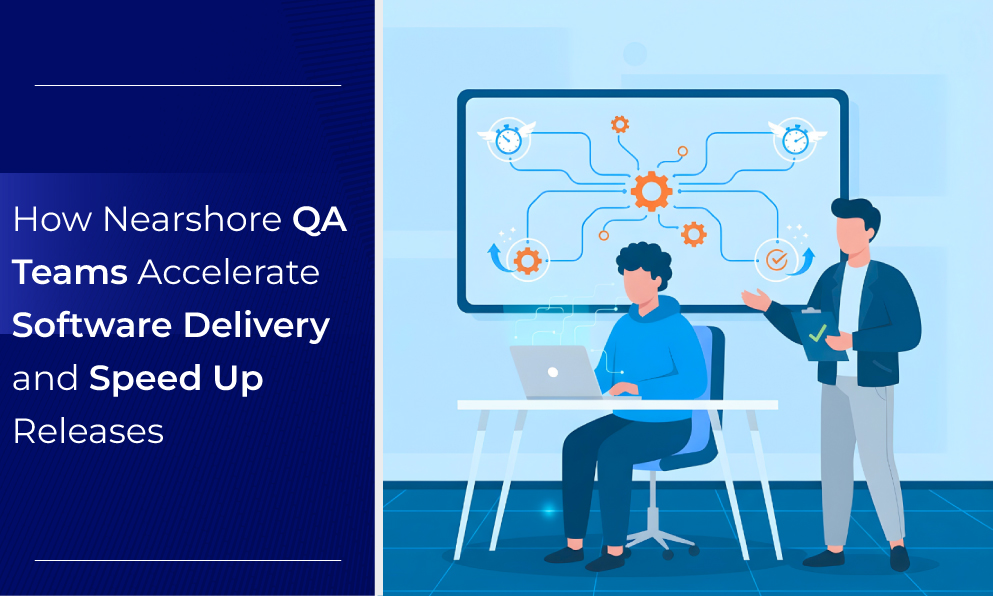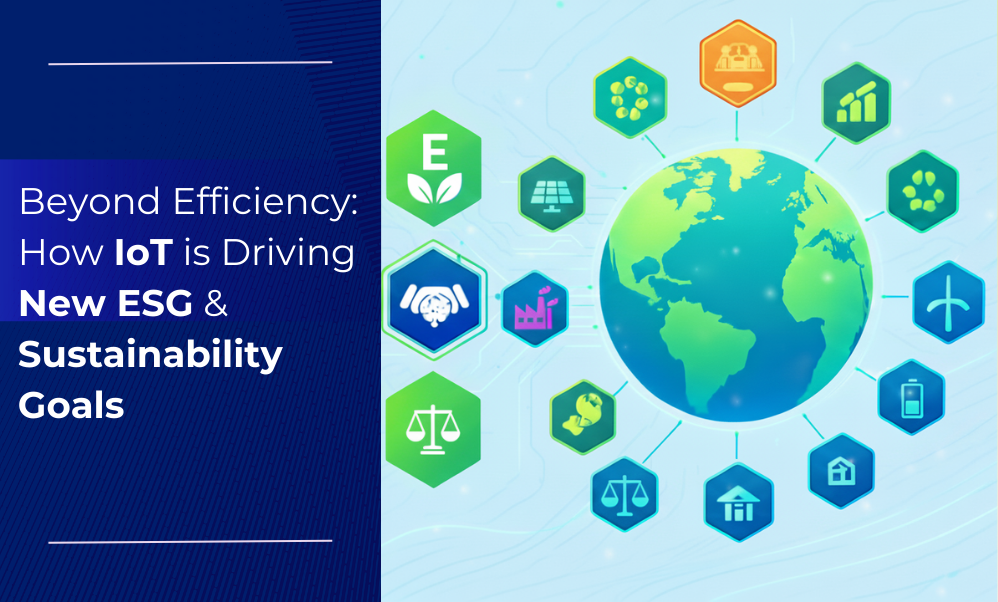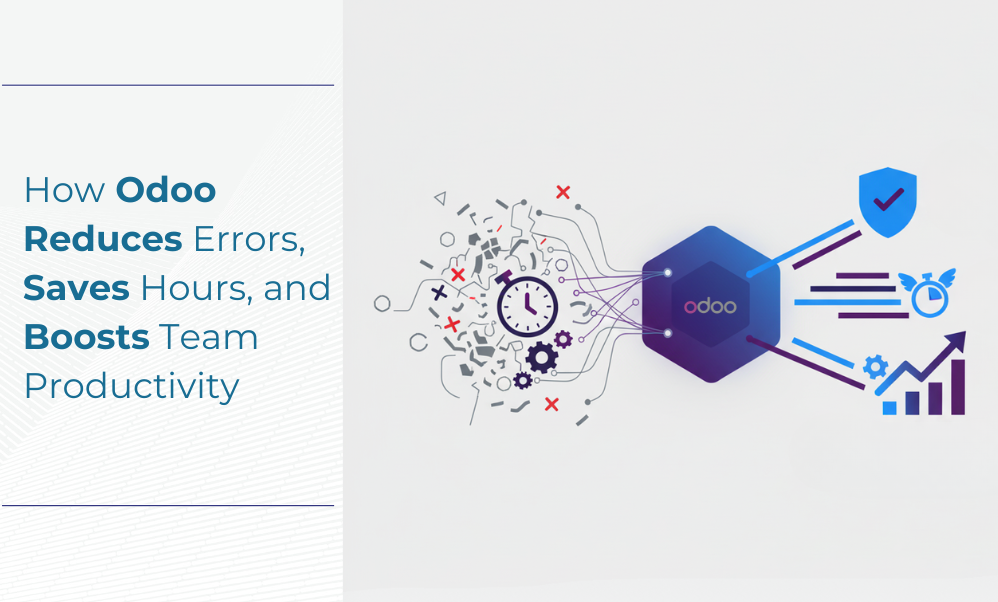Improving HR processes is crucial for any business aiming to maximize productivity and employee satisfaction. Many companies need help with manual HR tasks that consume time and resources. ERP (Enterprise Resource Planning) software can be the perfect solution for this. BJIT’s miniERP solution is an extended and customized version of the most efficient ERP solution provider around the world, ODOO.
When you integrate miniERP software into your HR processes, you can automate tasks, improve accuracy, and free up time for strategic initiatives. This guide will dive into the benefits and practical steps to improving HR processes using miniERP software.
The Benefits of MiniERP Software in HR
1. Streamlining Recruitment and Onboarding
MiniERP software can significantly streamline recruitment and onboarding processes. Instead of manually tracking applications and new hire information, miniERP automates these tasks, ensuring a seamless transition from candidate to employee.
2. Enhancing Employee Data Management
With miniERP software, managing employee data becomes more efficient and secure. Centralized databases reduce redundancy and errors, allowing HR professionals to access accurate information quickly.
3. Improving Payroll and Benefits Administration
Payroll and benefits administration can be complex and time-consuming. miniERP automates these processes, reducing errors and ensuring timely payments and benefits distribution.
4. Boosting Employee Performance and Development
MiniERP systems include performance management modules, helping HR teams track employee performance, set goals, and facilitate professional development. This leads to a more motivated and productive workforce.
5. Ensuring Compliance and Risk Management
Compliance with labor laws and regulations is critical. MiniERP software helps maintain compliance by automating record-keeping and generating reports, reducing the risk of non-compliance penalties.
Key Features of MiniERP Software for HR
1. Automated Workflows
Automated workflows in miniERP software eliminate manual tasks, allowing HR professionals to focus on strategic activities. These workflows can handle everything from leave requests to performance evaluations.
2. Real-Time Reporting and Analytics
Real-time reporting and analytics provide insights into various HR metrics, enabling data-driven decision-making. This helps identify trends, address issues promptly, and optimize HR strategies.
3. Integrated Communication Tools
MiniERP systems include communication tools that facilitate collaboration between HR teams and employees. These tools can streamline announcements, feedback collection, and internal communications.
4. Self-Service Portals
Self-service portals empower employees to manage their information, such as updating personal details, accessing pay stubs, and submitting leave requests. This reduces the administrative burden on HR departments.
5. Scalability
As a business grows, its HR needs to evolve. miniERP software is scalable, ensuring that HR processes can expand and adapt without needing frequent system changes.
How does miniERP Enhances Employee Engagement?
1. Facilitating Transparent Communication
MiniERP software includes features that promote transparent communication within the organization. HR teams can share updates, policies, and announcements through the platform, ensuring all employees are informed and engaged.
2. Encouraging Feedback and Suggestions
With miniERP, employees can easily provide feedback and suggestions through dedicated portals. This encourages a culture of continuous improvement and makes employees feel valued.
3. Promoting Work-Life Balance
miniERP allows employees to manage their schedules, request time off, and access their work-related information anytime, anywhere. This flexibility promotes a better work-life balance, leading to higher job satisfaction.
How Do Choose the Right ERP Software for Your HR Needs?
1. Evaluate Your HR Challenges
Identify the specific HR challenges your organization faces. Whether it's recruitment, payroll, or employee engagement, understanding your pain points will help you choose the right ERP software.
2. Consider Scalability
Ensure the ERP software can scale with your business. miniERP, for instance, offers flexible solutions that grow with your organization, accommodating increasing HR demands.
3. Assess Integration Capabilities
Choose an ERP system that can integrate seamlessly with your existing software and tools. miniERP provides robust integration capabilities, ensuring a smooth transition and efficient data flow.
4. Check User-Friendliness
The ERP software should be user-friendly, with an intuitive interface. This minimizes the learning curve and ensures quick adoption by your HR team and employees.
Why Should You Choose MiniERP for Strategic HR Planning?
1. Workforce Analytics
miniERP provides comprehensive workforce analytics, helping HR teams identify trends, plan for future staffing needs, and make data-driven decisions.
2. Succession Planning
With miniERP, HR teams can create effective succession plans by tracking employee performance, identifying potential leaders, and developing tailored development programs.
3. Compensation and Benefits Strategy
miniERP offers tools to analyze compensation and benefits data, ensuring your organization remains competitive and fair in its offerings. This strategic approach helps attract and retain top talent.
FAQs
What is miniERP software?
BJIT’s miniERP is a comprehensive ERP (Enterprise Resource Planning) software that integrates various business processes, including HR, finance, and supply chain management, into a single platform.
How can miniERP software improve HR processes?
MiniERP software improves HR processes by automating tasks, enhancing data accuracy, facilitating real-time reporting, and ensuring compliance with regulations. This leads to increased efficiency and reduced administrative burden.
What features should I look for in miniERP software for HR?
Key features of miniERP include automated workflows, real-time reporting and analytics, integrated communication tools, self-service portals, and scalability.
Is miniERP software suitable for small businesses?
Yes, miniERP software is suitable for businesses of all sizes. miniERP offers scalable options that can grow with your company, making it ideal for small and medium-sized enterprises.
How long does it take to implement miniERP software?
The implementation timeline for miniERP software varies depending on the complexity of your HR processes. On average, it can take several months to a year.
Can miniERP software integrate with existing HR systems?
miniERP offers integration capabilities, allowing you to connect it with existing HR systems and other business software. This ensures a seamless flow of information across your organization.
Conclusion
Implementing BJIT’s miniERP software is a strategic move that can transform your HR processes, making them more efficient, accurate, and compliant. Whether you are a small business or a large enterprise, the benefits of miniERP software in HR are undeniable. Leap today and enhance your HR processes to foster a more productive and satisfied workforce.

